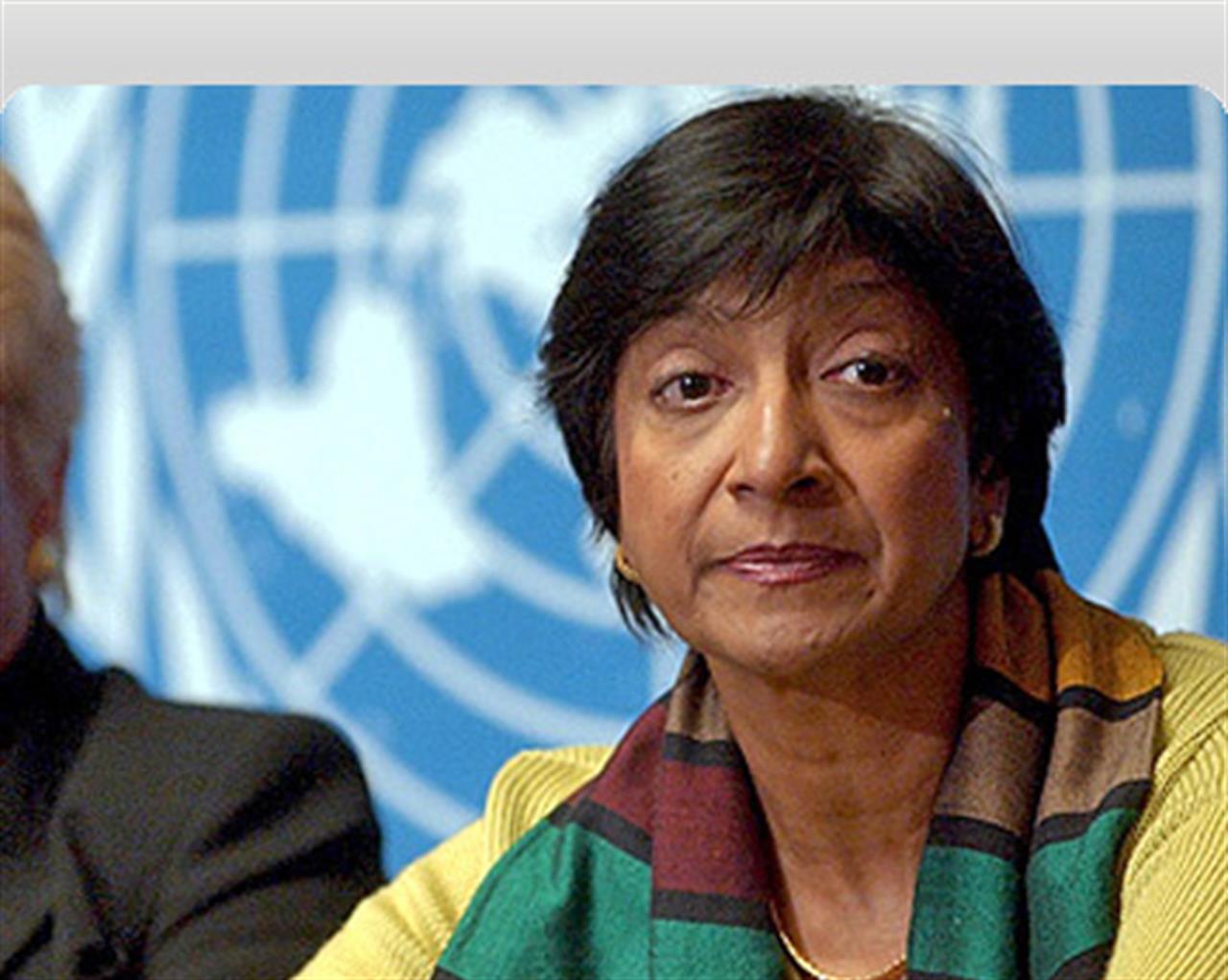Non profit
Navanethem Pillay to take over top UN rights post
Pillay, who is 67, is known for leading the landmark decision that defined rape as an institutionalized weapon of war
di Staff

South African judge Navanethem Pillay, 67, who currently serves on the International Criminal Court (ICC), is to be named the new UN High Commissioner for Human Rights, succeeding Louise Arbour.
UN secretary-general Ban Ki-moon will announce Pillay’s nomination shortly. His decision has to be endorsed by the 192-member General Assembly.
Pillay, who was born in 1941 of Tamil descent, has served as an ICC appeals chamber judge since 2003 and was picked from a short list that also included prominent Pakistani lawyer and human rights activist Hila Jilani and Argentine human rights lawyer Juan Mendez.
Pillay was the first woman to start a law practice in Natal Province in 1967. She acted as defence attorney for many anti-apartheid activists and trade unionists, including her own husband. In 1973, she brought a successful application against the officer commanding Robben Island Prison which enabled political prisoners, including Nelson Mandela, to have access to lawyers.
Pillay studied at Harvard University, earning a Master of Law degree in 1982, and Doctor of Juridical Science in 1988. In 1992 she co-founded the organization Equality Now which campaigns internationally on women’s rights. In 1995, Pillay became the first woman of Indian descent to be appointed as a High Court judge in South Africa.
As a judge of the International Criminal Tribunal for Rwanda she led the landmark decisions defining rape as an institutionalized weapon of war and a crime of genocide.
17 centesimi al giorno sono troppi?
Poco più di un euro a settimana, un caffè al bar o forse meno. 60 euro l’anno per tutti i contenuti di VITA, gli articoli online senza pubblicità, i magazine, le newsletter, i podcast, le infografiche e i libri digitali. Ma soprattutto per aiutarci a raccontare il sociale con sempre maggiore forza e incisività.
